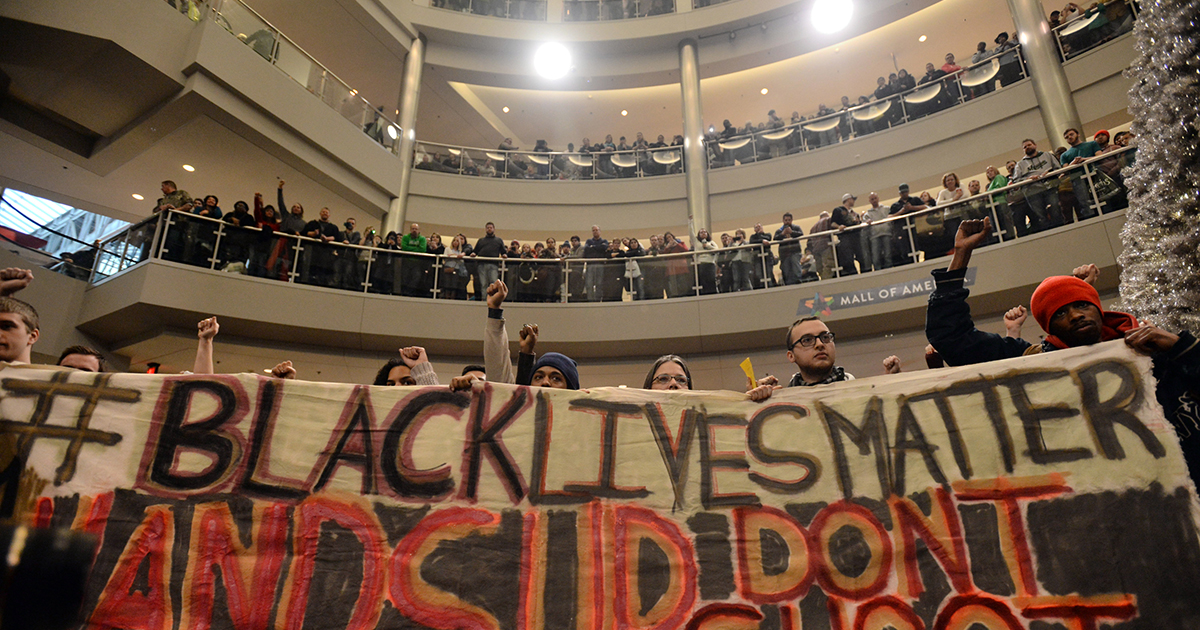On Monday, The Atlantic released an analysis of the Syrian conflict written by veteran foreign policy consultant, William R. Polk. As the article points out, the current conflict in Syria began as a result of climate change.
Before the country was ravaged by drought, from 2006 to 2011, Syria was made up of diverse groups that generally lived adjacent to one another as opposed to integrating in shared locations. During the drought, rainfall in most places throughout the country fell to below the minimum needed to sustain un-irrigated farming.
People were desperate for water, and agriculture became impossible in many areas. The loss of life-sustaining resources forced farmers to move into the towns and cities, creating more competition for already severely limited food, water, and jobs. United Nations experts estimated that between 2 and 3 million of Syria’s rural inhabitants were living in “extreme poverty” during that time.
As a result of forced geographical changes and competition for extremely strained resources, conflict broke out among the groups. The senior UN Food and Agriculture Organization representative in Syria looked to the United States Agency for International Development (USAID) – the US agency primarily responsible for administering civilian foreign aid – for help.
The UN FAO representative warned that the situation in Syria was a “perfect storm.” In November 2008, he warned that Syria faced “social destruction.” The Syrian Minister of Agriculture “stated publicly that economic and social fallout from the drought was ‘beyond [their] capacity as a country to deal with.” The USAID director failed to give aid.
While its citizens were suffering, the Syrian government sold its wheat reserves while the price of wheat was high in the world market. From 2008 to 2011, the country “had to import enough wheat to keep its citizens alive.”
According to Polk, “Tens of thousands of frightened, angry, hungry and impoverished former farmers flooded constituted a “tinder” that was ready to catch fire.” Then, in March 2011, a group gathered in Daraa to protest the government’s failure to help its citizens during the drought period. In response to their protest, the government branded them subversives.
When the Assad family cracked down on the already desperate citizens, riots broke out all over the country. The government then responded with military force, which was unsuccessful in stopping the protests.
By the spring of 2013, more than 100,000 people had been killed in the fighting, about 2 million had lost their homes, and over 2 million had fled the country, according to the UN High Commission for Refugees (UNHCR).
The current crisis in Syria is a devastating indicator of the possibilities for the future of the entire planet, as a changing climate causes displacement, land loss, food and water crises, religious and political conflict, and competition for resources.
Despite persistent denial of climate change by some conservatives, most people recognize the importance of understanding climate change and its potential effects on national and international affairs.
What lessons can be learned from the Syria crisis? Perhaps there are other ways to help the people of Syria besides more military action. Maybe we should have heeded their cry for assistance when they asked for our help in providing food so that we would not be in a position of trying to figure out whether to strike Syria against the wishes of the majority of the world’s governments.
As Alternet’s Digby suggests, maybe we should consider the lessons of Syria and use that knowledge to shift our focus from being a world leader in military force to being a world leader in important issues of our time. Or, as Digby states,
“Perhaps we should stop blowing things up for a little while and concentrate on being a global leader on the real existential crisis of our time: climate change.”


